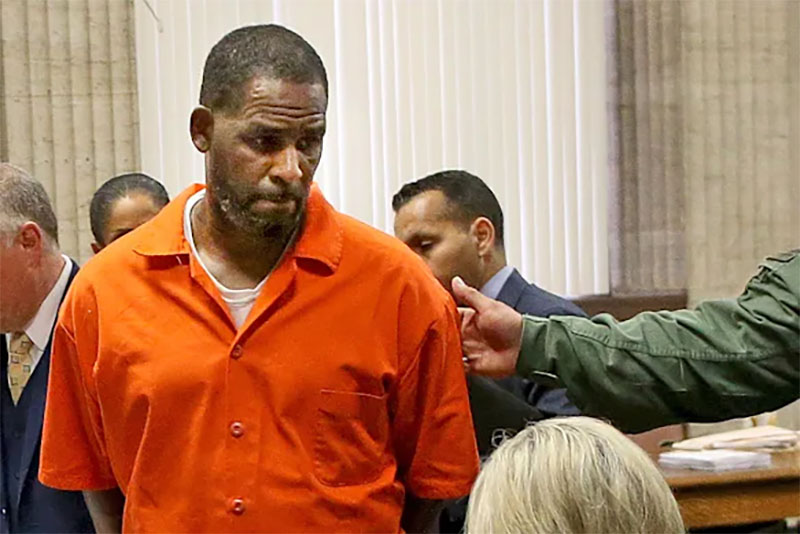
Photo Credit: Getty Images
R&B singer R. Kelly, currently serving a 30‑year federal sentence at FCI Butner in North Carolina for racketeering, sex trafficking and child pornography, was reportedly hospitalized earlier this month after allegedly overdosing on medication administered by prison staff. The incident, which his legal team describes as “almost lethal,” has reignited concerns over his health, safety and the conditions of his incarceration.
According to court filings submitted by his attorney, Beau B. Brindley, Kelly was placed in solitary confinement on June 10. Prison personnel allegedly provided him with his usual anxiety medication and then instructed him to take additional doses, resulting in what Brindley claims was an extremely high dosage. Waking the next morning, June 13, Kelly reportedly felt “faint” and “dizzy,” began seeing “black spots,” and ultimately collapsed in his cell, crawling to the door before losing consciousness.
An ambulance transported Kelly to Duke University Hospital in Durham, where doctors reportedly warned that the dosage “could have killed him.” A scan confirmed multiple blood clots in his legs and lungs, clots that typically require immediate anticoagulant therapy or surgery. Brindley says Kelly was advised to remain hospitalized and undergo surgery, but within hours he was forcibly removed and returned to solitary confinement despite medical recommendations.
Brindley has filed an emergency motion requesting temporary furlough to house arrest, citing both the overdose and an alleged murder-for-hire plot orchestrated within the prison. The motion includes a sworn declaration from inmate Mikeal Glenn Stine (said to be affiliated with the Aryan Brotherhood), claiming that prison staff offered him early release in exchange for killing Kelly. According to Stine, he shared the plot with Kelly instead, prompting fear that prison authorities may be complicit in punishment beyond confinement.
Federal prosecutors have strongly rejected the claims, describing the motion as “deeply unserious” and warning that granting such a compassionate release could undermine the justice system. They argue that solitary confinement was implemented to protect Kelly following the allegations, and emphasize his history as a “prolific child molester” who shows no genuine remorse.
A hearing is scheduled for June 20, when U.S. District Judge Martha Pacold will determine whether there are grounds for release or intervention. Meanwhile, Kelly remains in solitary at FCI Butner. His lawyers contend that his circumstances amount to “cruel and unusual punishment” that could prove fatal.
















